Website sections:
- Core Concepts
- Projects
- Resources
- Homepage
- Contact Information
Current section's content:
- About Core Concepts
- Effective Higher Education Defined
- Educational Plus Professional Skills and Areas of Expertise
- Educational Plus Professional Skills Attaining Benefits
- Effective Higher Education Conceptual Platform
- Effective Higher Education Core Principles
- EffectiveHigherEducation.org Website Focus



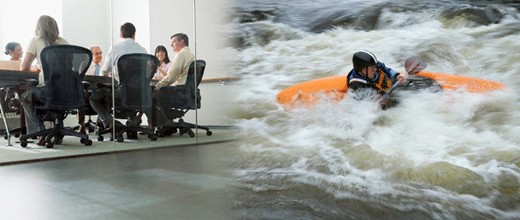


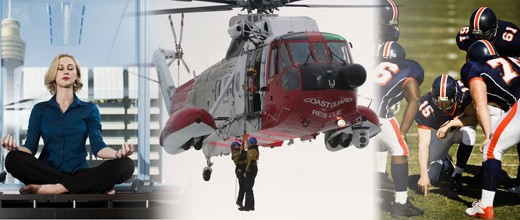
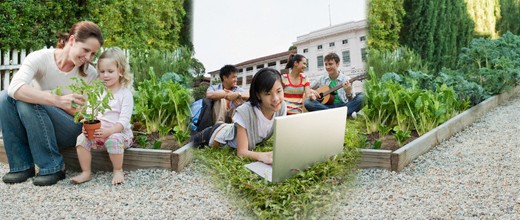

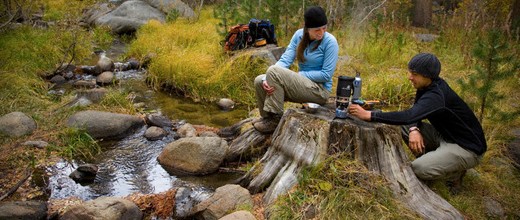

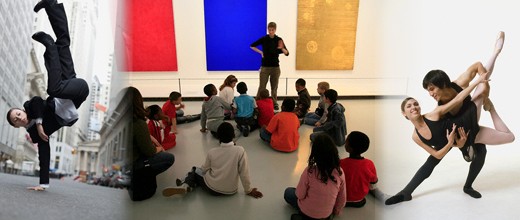







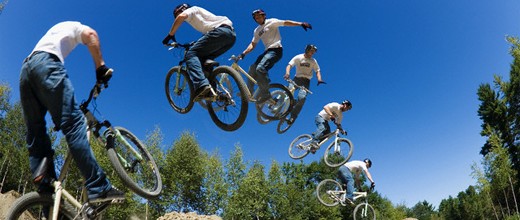
Educational Plus Professional Skills Attaining Benefits
Educational plus professional skills are broadly defined categories of skills that are needed for attaining higher education and using it effectively in the workforce and in professional and personal development related areas. It is a pretty long list. When we take into consideration the aspect that the listed items are broadly defined categories of skills, then the list becomes even longer.
This list is as long as it is, because living in a contemporary society requires these skills. Further, educational plus professional skills that are needed change together with societal development and socio-economic conditions. Together with the societal development, the skills and knowledge that are needed evolve as well. This is something to keep in mind.
A comparable list of relevant skills would have been different even 20 years ago. 100 years ago a comparable list of relevant skills would have been different and probably shorter, more focused on fewer key areas. 1000 years ago it would have been even more different. Similarly, 10 or 20 years from now a comparable list may be longer, containing more complex categories of skills that are needed.
Another aspect to keep in mind is that you can improve your knowledge and skills within your abilities, experience and expertise levels. Your abilities, experience and expertise levels are also expandable, but attaining an optimal level of skills in all the needed areas will require quite a bit of work. You may not be able to attain all the knowledge that could potentially benefit you and maximize all the skill levels that can be useful to you. So, for the optimal results, you would want to assess your aptitude and preferences, objectives and needs and proceed by attaining the knowledge and skills in the order that will most likely benefit you, allowing you to contribute the most professionally and to thrive personally.
Self-Discovery and Finding Your Calling
There is another concept that is part of Effective Higher Education Conceptual Platform and is directly related to identifying a person's preferred areas of work. That concept will be published on EffectiveHigherEducation.org after the new website and other components listed in the Projects section are launched. Educational plus professional skills, that are addressed here, are also related to self-discovery and finding your calling, but in a less direct way.
For optimal results, you would want to attain educational plus professional skills based on your preferred areas of work and the corresponding needs and objectives. However, you can proceed the other way around and doing so can be helpful in the process of self-discovery and finding your calling.
Educational plus professional skills are based on 360 degree evaluation of contemporary life. Thus, it is very likely that some of the educational plus professional skills are better suited for you than others. Accordingly, it can be beneficial to work through this list so that you will become familiar with at least the key concepts in all the listed areas and apply them to the skills that you attain. But don't just attain theory – put the skills that you attain into practice both in everyday life and in workplace and in environments that resemble workplace. When you do so, pay attention to your preferences, aptitude, likes and dislikes and the reasons for them. That is, collect feedback from yourself and try to analyze it as objectively as you can.
Similarly, pay attention to the problem areas that need more work.
Further, pay attention to your limits and what helps to alleviate the relevant difficulties.
By proceeding this way you will learn more about yourself and can explore career development opportunities in the areas that match your preferences, aptitude, likes and dislikes. Seek out overlaps between what you can do and what you like doing, and what individual consumers, companies and organizations need. Further, take into consideration socio-economic development trends as well.
That process is likely to lead you to finding a profession and professional development options that are well suited for you and also have long-term potential. Look for realistic objectives that also provide room for professional growth. Go for what you both really want and is achievable for you. In the process keep in mind that your abilities, experience and expertise levels are expandable.
All of this is easier said than done, especially, when you have limited experience in the fields and areas that you are interested in. However, you can accomplish more and get much closer to the outcomes that work well, if you know what is needed in general, and then fill in the specifics. That's why working through the educational plus professional skills list can be very beneficial. Proceeding by using a list of needed skills is a more productive and effective process than is learning about the same areas by making mistakes and losing opportunities that otherwise would be available.
Further, professional development is a process – in many ways it's like a big long-term project that you can divide into smaller projects. So, manage it as you would manage any other type of project development.
In the process you will need project development skills. If your project development skills are not sufficiently effective, seek out relevant training so that you can improve them. Project development is something that you can learn and you can use the relevant experience in different areas of life.
Also, keep in mind that no matter what you choose, you will always give up the alternatives that you did not choose. Similarly, if you want to be the best that you can be at what you do, then whatever you choose will probably require focus which means that every step of the way you will have to forgo something else. That's just part of life. So, think through and evaluate your options and make peace with the choices that you have to make.
Further, keep in mind that your personal optimal solutions are moving targets that develop further as you develop throughout your life and as the society you live in develops further. So, you probably want to revisit the skills and knowledge attaining concepts, your preferences and career development opportunities several times throughout your life.
Improved Marketability and Employability
We are heading in the direction where technology will be increasingly embedded in different aspects of life. Expertise from any area that is combined with sufficient understanding of what technology can do and how to develop and use it will become increasingly valuable and will create increasing numbers of opportunities.
The same applies to analytical, problem solving and interpretive skills, including cross-disciplinary, multidisciplinary and interdisciplinary analytical skills.
At the same time, social, interpersonal and teamwork skills, communication and self-expression skills and career development skills are likely to remain important for the foreseeable future.
The same can be said about the rest of the educational plus professional skills list. The more skills you attain and the better you are at using them in different combinations, the more marketable will be your profile. No matter how good you are now, you can still improve your employability.
Attaining skills and knowledge in combinations requires lots of dedication and ability to set and achieve objectives and manage projects. These processes also require good decision making skills and time and other resource management skills. You can market the latter to the employers as well, when you seek employment. Similarly, the decision making skills and time and other resource management skills will benefit you as an entrepreneur, if that's the path that you will choose.
Improved Overall Life Satisfaction
Finding a profession that is a really good fit can make a very big difference in a person's life. Adding improved marketability and employability to this increases stability in life. Other listed skills help to render both the professional and personal lives into richer, more satisfying experiences.
Ultimately, most people want to be happy and know that they do something meaningful, while also being sufficiently well off financially. Happiness and living a meaningful life are also skills, but both tend to depend on putting other skills into good use.